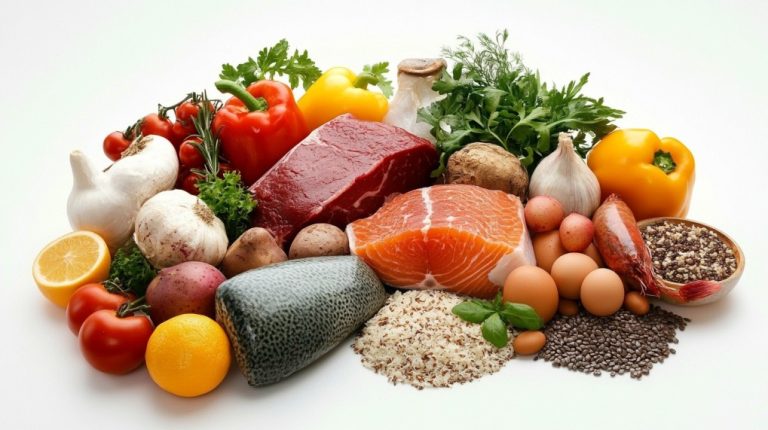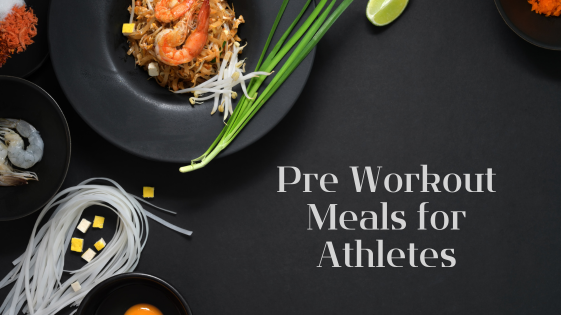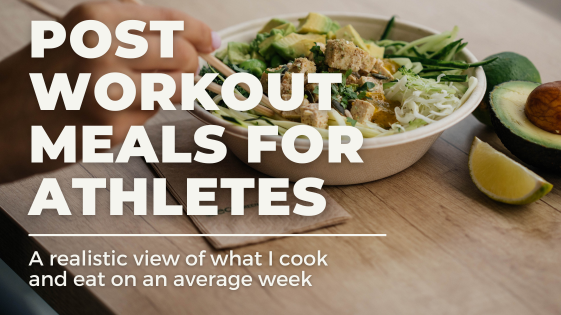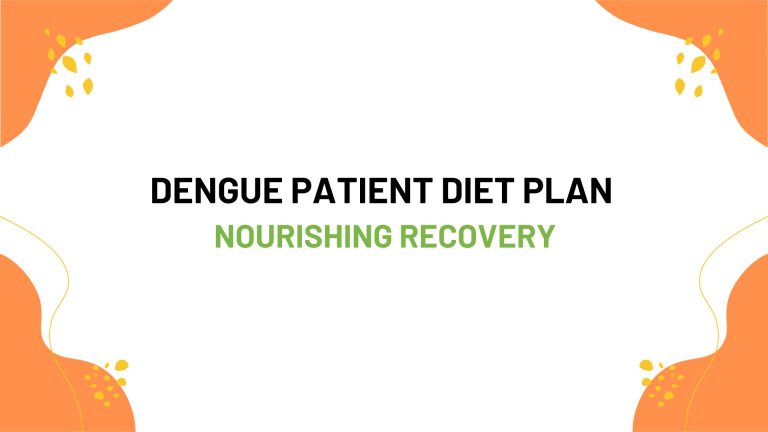Why is Vitamin B12 essential for you?!
How Important is Vitamin B-12
B12, or cobalamin, is an essential vitamin for the proper functioning and development of the brain the nerve cells ,body
defense mechanisms, or red blood cell formation.
It plays an important role in the maintenance of the sheaths that cover and protect the nerves of the central and the
peripheral nervous system, ensuring proper and faster nerve-impulse transmission.
Getting enough B12 allows your body to make heme, a chemical component of hemoglobin, the protein that transports oxygen
in your blood.
Your body must constantly generate heme to make functional red blood cells, and cobalamin promotes this heme
production.Vitamin B12 deficiency is not very common in young adults but older people are more prone to this condition.
The health benefits of vitamin B 12 are:
- It is needed to convert carbohydrates into glucose in the body, thus leading to energy production and a decrease
in fatigue and lethargy in the body.
- It helps in maintaining the nervous system, reducing depression, stress, and brain shrinkage.
- It helps maintain a healthy digestive system. Vitamin B12 also protects against heart disease by curbing and
improving unhealthy cholesterol levels, protecting against stroke, and high blood pressure.
- It is essential for healthy skin, hair, and nails. It aids in cell replication and constant renewal of the skin.
- Vitamin B 12 helps protect against cancers including breast, colon, lung, and prostrate cancer.
- Vitamin B12 helps the body to convert food into energy. Greater energy results in more exercise and greater
motivation which will lead to safe and healthy weight control.
Causes of B12 Deficiency Symptoms:
Causes of vitamin B12 deficiency include
- Vegetarian diet
- Not making enough stomach acid ,
- an autoimmune disorder called pernicious anemia,
- and certain medications, especially acid-blocking medications (proton pump inhibitors and H2 blockers) for
gastro esophageal reflux and acid reflux, and Metformin for diabetes.
Vitamin B12 Deficiency Symptoms: Much More Than Fatigue
Abnormal sensation like numbness, tingling or pricking (“pins and needlesâ€) of the lower legs and feet (both sides),
weakness in the legs, increased risk of falling, dizziness, memory loss, attention deficits, irritability, depression,
psychosis (suspiciousness, persecutory or religious delusions, auditory and visual hallucinations, and disorganized
thought-processes), sore, swollen, beefy red tongue, sores at the corners of the mouth, recurrent canker sores, burning
sensation of the mouth , fatigue, shortness of breath on exertion, decreased bone health and increased risk of
fractures, mild diarrhea or constipation, impaired vision, possible increased risk of cardiovascular disease, possible
increased risk of cancer, lightheadedness or fainting, possibly accompanied by a rapid increase in heartbeat, after
standing up from a lying down position are the common Vitamin B 12 symptoms.
Treating Vitamin B12 Deficiency Symptoms
A daily dose of 2.4 micrograms of vitamin B12 — from dietary sources or supplements is require to prevent a deficiency.
Animal products and fortified cereals help you reach this intake goal, and oral or injected vitamin B12 supplements also
help boost your B12 levels. Talk to your doctor about the right vitamin B-12 supplement for you. If you already have
pernicious anemia, for example, you cannot efficiently absorb vitamin B12 through your digestive tract, so vitamin B12
injections offer an advantage over oral supplements. Vitamin tablets are convenient and easy to take if you have an easy
absorption to cobalamine.
Unlike many other vitamins and minerals, cobalamin supplements do not cause a vitamin toxicity and even injecting large
amounts of vitamin B12 does not cause health issues.
Sources of Vitamin B12 Recommendations
Shellfish, Liver, Fish, Crab, Fortified Soya products (tofu ), Fortified Cereals ( All Bran ), Red Meat, Low fat dairy
(skim milk ), Cheese, Eggs, Whey Powder, Rice Milk, Yoghurt.
While the above article guides you to eating healthier, there is no substitute for customized professional advice given
by a qualified nutritionist. We urge you to speak to your personal dietician or if you need help, contact a nutritionist
at Qua Nutrition.
You can contact us at080 3232 9292 or log on to www.quanutrition.com toBook An Appointment.









